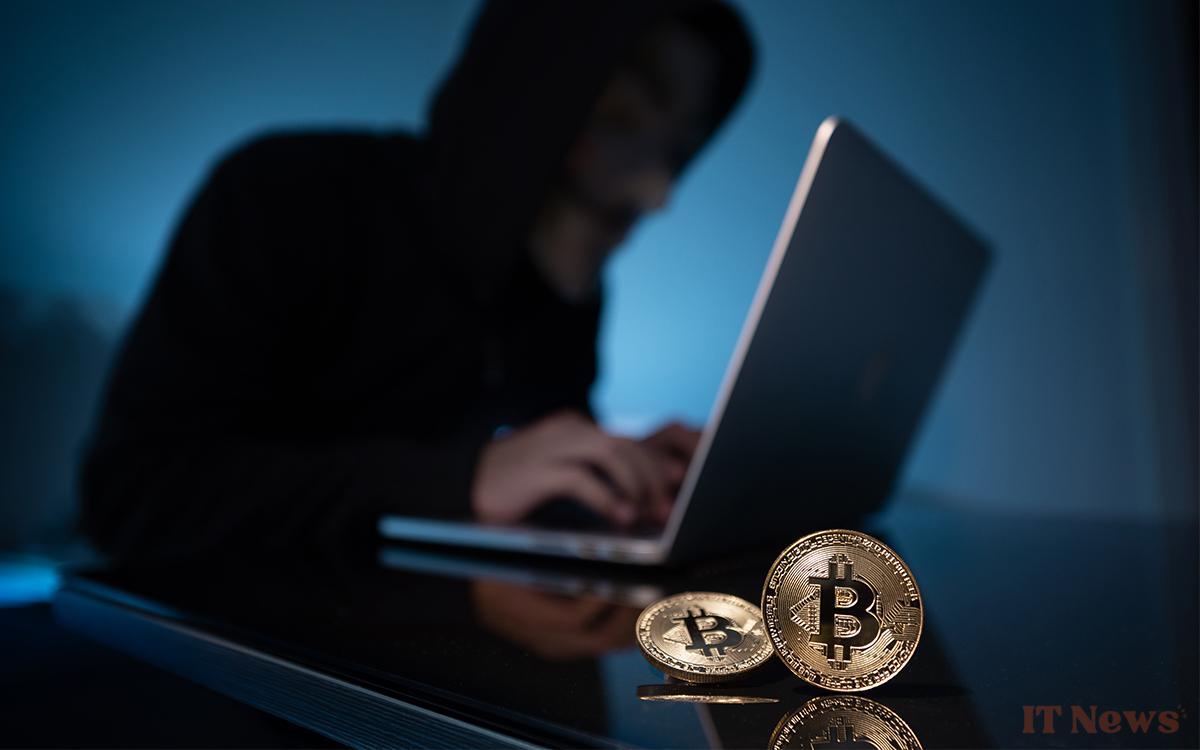What if 21st-century mafias preferred crypto mining to trafficking leather bags? A UN report lifts the veil on digital empires designed to launder dirty money... and it turns out to be... full throttle.
According to a recent UN report, Asian criminal groups have built tailor-made crypto ecosystems to launder billions of dollars. Based in Myanmar, Cambodia, and Laos, these organizations are no longer satisfied with traditional banks. They developed their own currencies, blockchains, and exchange platforms, transforming financial crime into a high-tech industry.
The "Inflection Point" report details how these networks industrialized their operations. Spearheaded by Huione Guarantee (renamed Haowang), a Cambodian platform that processed $24 billion in fraudulent transactions between 2021 and 2024. With its in-house blockchain (Xone Chain) and dedicated crypto, it now has more than 970,000 users. Growth fueled by well-established methods: "pig butchering" scams (progressive investment scams) and AI-generated deepfakes. Result? Nearly $40 billion embezzled each year.
Money laundering 2.0: wild mining and flight to Africa
To launder this money, mafias are also banking on crypto mining... but not legally. By stealing electricity and operating off-grid, they produce "clean" and virtually untraceable digital assets. In March 2025, Thai authorities discovered 63 illegal machines in Pathum Thani province, responsible for the theft of $300,000 worth of electricity.
Faced with controls in Asia, these groups are now expanding their empire to Africa, South America, and Eastern Europe. In December 2024, a crackdown in Nigeria led to the arrest of 792 people linked to crypto scams. ÇIt's spreading like a cancer, warns Benedikt Hofmann of the UN. “The roots never disappear, they migrate.
The UN calls for an urgent international response: strengthening the traceability of financial flows, improving intelligence sharing between countries, and recovering stolen assets through transnational collaborations. Without this, these cartels 2.0 risk transforming the financial system into their playground—a 100% anonymous version.




0 Comments